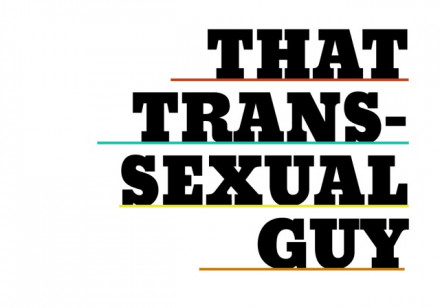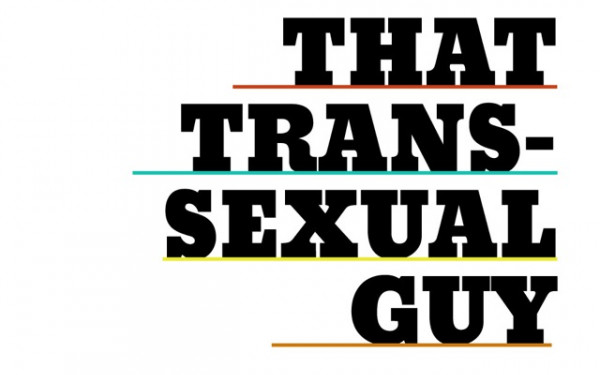On Etiquette
I want to dissect a remark that I often get from people: “I didn’t realize that you were trans” or “I couldn’t tell!”
This is not a compliment—it’s an insult. It’s tantamount to saying, “I couldn’t tell you were disabled!” You are not expected to be able to immediately realize, merely by looking, that someone is trans or disabled, unless that person wants you to or can’t hide it (i.e., being in a wheelchair). That’s merely a part of the person’s everyday life. The commenter here is attempting and failing to compliment the person on “passing” as cisgender (non-trans) or able-bodied (not-disabled).
Now to my knowledge, in circles that aren’t queer, passing is constructed as, for example, female-identified person trying to be read as female. So a male-to-female transsexual who successfully passes as female… gets an A+? Nah, it means that she can navigate bathrooms safely and without anyone yelling, “There’s a man in a dress in the woman’s bathroom!” However, calling someone a man in a dress is assuming a lot about a person’s gender, don’t you think?
I find that the term “passing” implies a lot about failure. So I like to use the term in a different way. On any given day, I can pass for a cisgender man—something I am not—unless I out myself. There is an option for failure there—right, I can’t say I enjoy the term per se—that I don’t pass as a cisgender man and am then perceived as a transsexual man. My hard-of-hearing friend can pass as a fully hearing person—as someone she is not—unless she tells people. When she outs herself as a hard-of-hearing person, then she fails at having full hearing.
This language sucks. It’s disempowering. I don’t think that the burden should be placed on the individual, but on the society. Others cannot hide their queerness, transgressive qualities, and/or disabilities. Having the choice to pass is a privilege. Do you compliment someone for having a privilege? No.
As Julia Serano writes in her book Whipping Girl: A Transsexual Woman on Sexism and the Scapegoating of Femininity, “The crux of the problem is that the words ‘pass’ and ‘passing’ are active verbs. So when we say that a transsexual is ‘passing,’ it gives the false impression that they are the only active participant in this scenario (i.e, the transsexual is working hard to achieve a certain gendered appearance and everyone else is passively being duped or not duped by the transsexual’s ‘performance’). However, I would argue that the reverse is true: The public is the primary participant by virtue of their incessant need to gender every person they see as either female or male.”*
While I’ve gotten the comment, “You pass really well as a man,” that’s not my goal. I am a man regardless of what anyone says; I don’t need that kind of validation from a cisgender person. I do want to be perceived as male so in that case, the cisgender person just has to respect my pronouns. And if I am not macho enough for you, that’s just too fucking bad. A disabled person is not necessarily disabled quite so much as society is incredibly inaccessible to people with various abilities and access needs. I’m sure a lot of folks get frustrated with feeling like they’d rather stay home than traverse the perils of the outside world, that have narrow doorways, quick talkers, and tons of stairs.
So when you turn a corner and are introduced to someone who is different from you, in their gender, sexuality, disability or simply their hair colour, don’t say a useless platitude. Nod thoughtfully, store away your questions and Google them. Smile and say that you’re happy to meet them and learn what you can from what they share with you.
*Julia Serano. Whipping Girl: A Transsexual Woman on Sexism and the Scapegoating of Femininity, Seal Press, 2007.




